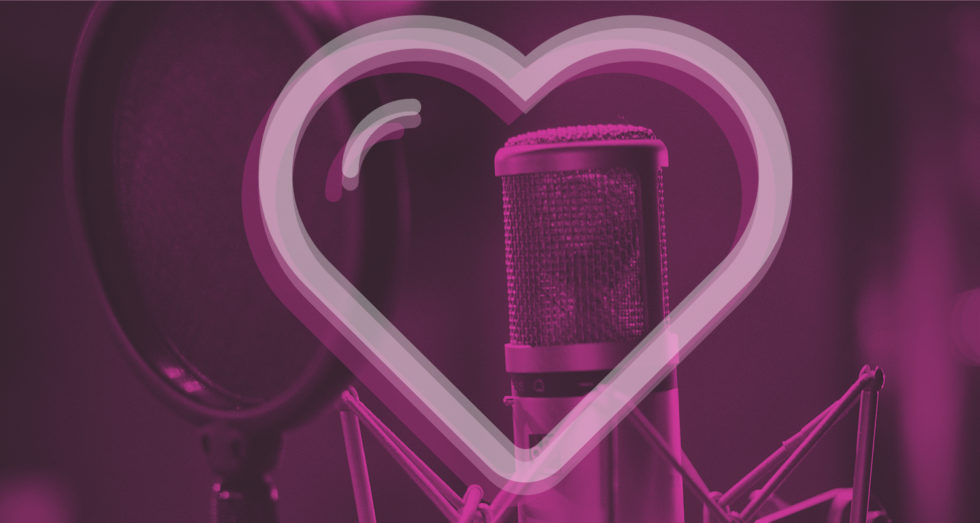Valentine’s day- people love people we get it. But what do our broadcast experts love?! (Yes the link to Valentine’s day is only just tangible but why can’t we jump on the romance bandwagon?!). In a nutshell (and all seriousness) our broadcast team love being able to conduct great broadcast days and to do that there are certain elements they need to make broadcasters and producers jump at the chance to get that story on their show. 5 in fact.
Our broadcast team have given a quick summary of those 5 things and why they are so important:
CASE STUDIES:
Case studies are often vital to the success of broadcast days. They give a backbone to the story and add a personal touch, and there are many radio and TV shows that regularly lookout for them. From a local story point of view, case studies are invaluable, especially for regional BBC’s. The BBC’s Victoria Derbyshire show and Radio 4’s You and Yours are great examples of how case studies are used to give strong stories a real voice, and ensure they stand out of the crowd. Charity or health campaigns are a great example of this. Our campaign for NIHR is a great example of this. Although we had the traditional spokespeople, we were able to utilise a number of case studies to strengthen the campaign by showing how health research had impacted the lives of those suffering from various illnesses and diseases, not only in our broadcast day interviews themselves but also in b-roll footage and video that could be sold in alongside the story to boost the chances of securing TV coverage. And that’s what it did, with the campaign securing coverage on BBC Breakfast, ITV and Sky News Sunrise.
A STRONG SPOKESPERSON:
Strong spokespeople are often the difference between an average broadcast campaign and a groundbreaking one. Whether it’s celebrities who add a familiar element to the story or an expert in the industry that can give an authoritative voice, strong spokespeople guarantee decent quality coverage. They also add a level of independence from the brand that all radio and TV looks out for. Take our campaign with Expedia for example. Whilst the story itself was interesting, (Older generations are more likely to take risks skiing than younger generations) the presence of Eddie ‘The Eagle’ Edwards as a spokesperson turned a good campaign into a great one, securing coverage on 4 BBC Radios, Talk Sport and Radio X, as well as TV interviews on BBC Sports News, BBC Sportsday and on the BBC Sport website.
REGIONAL DATA:
Without fail, the first question you will be asked by a regional radio or TV station when selling in your story will be: Do you have regional data or does your spokesperson have a regional link to our area? The importance of understanding the target audience of regional broadcasters can not be underestimated! No two broadcasters are the same- they want something bespoke to them and regional data is the best way to get this.
A STRONG STORY:
The most important aspect of any press release is a strong top line! You should aim to tell your story in the first paragraph. You could have the best spokesperson in the world, but if they have no connection on relevance to the story, your money could be wasted! Is it news? Is it interesting? Is it relevant to audiences? If it’s none of these things you need to go back to the drawing board.
A NEWS HOOK:
If you can peg your story onto something relevant that’s happening in the news and it’s topical than that’s a great way of getting your story coverage. If you can turn around to a producer and tell them you have a great spokesperson who can add a significant new angle to a story they are covering they will be interested. One example of how we did was with our campaign for Care England. The story was about Care Home Fees, which is a human interest story in its own right. However, the CEO of Care England Professor Martin Green, who was also fronting the broadcast day, was due to give evidence to the Lords Economic Affairs Committee on social care funding the next day so we were able to tie in the two things giving the story a strong news hook. This resulted in coverage on Sky News radio, LBC, and several regional BBC stations amongst others.
If you have all or even some of these elements and you want to boost the coverage on your broadcast days, contact us to see how we can help.
